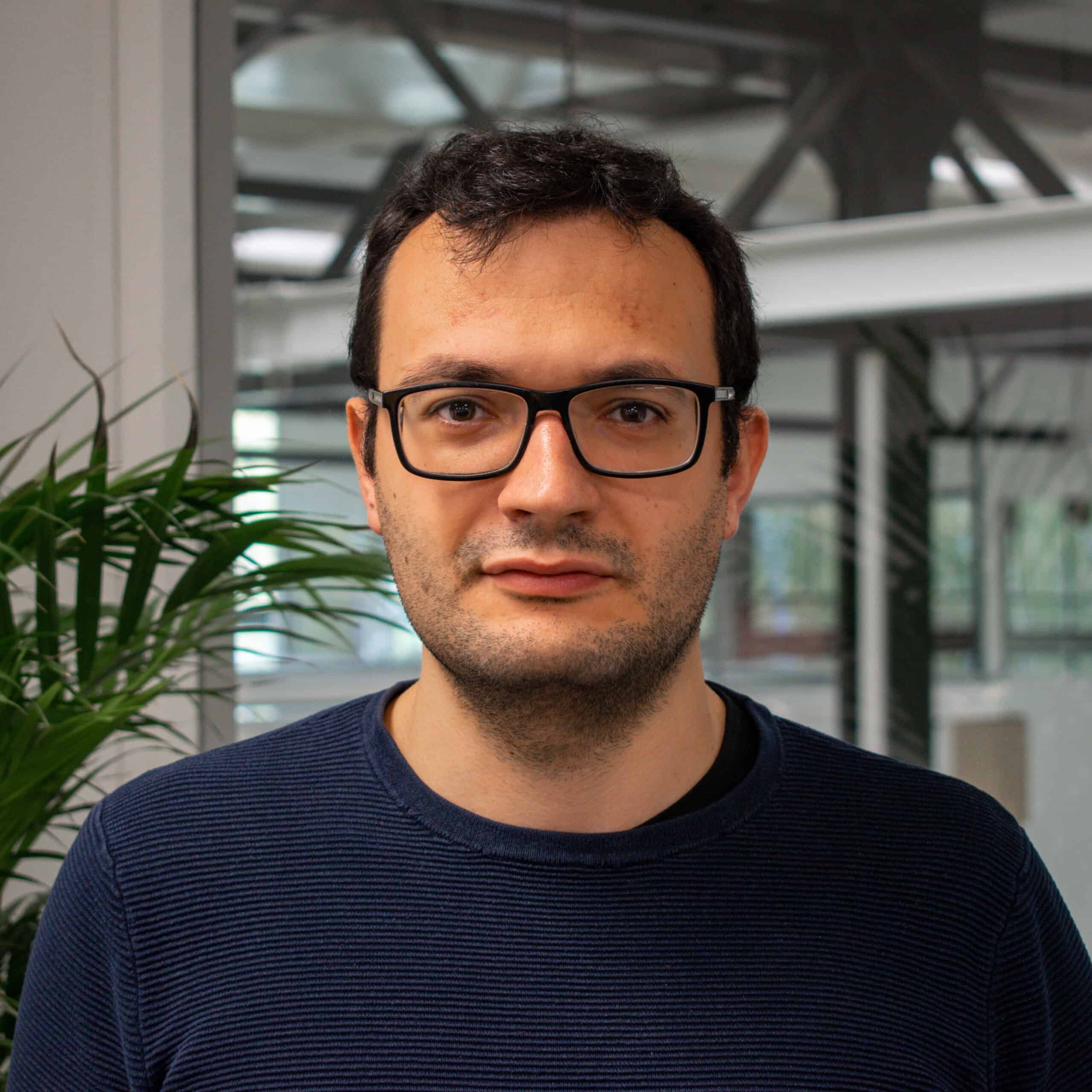
“It indeed feels like entering somewhat of a festival,” says Andrew Borg, yelling to make himself heard over the club music while waiting to start a meeting with an investor. He is part of the energy storage startup FLASC’s team. He is one of the many attendees who convened to Rotterdam for the Upstream Festival, living up to its name.
Why this is important:
As startups pioneer the technological developments that will reshape our future, events are necessary to make innovators connect with investors and inspire more people.
Organized by UP! Rotterdam and its partners, the festival wants to be an umbrella event for the startup ecosystem in the Netherlands to ‘connect changemakers’. In the two-day program, a few hundred startuppers had a chance to be inspired, learn, and connect—not only with potential investors but also with each other. The main event day at Annabel Poppodium welcomed participants in a vibrant setting, with glowing lights and ever-present background music. In addition to room for a few stages across the venue, there was a lot of space for the attendees to meet over a cup of coffee.
To Nara Moripen, the Upstream Festival setting was the perfect setting to reveal that her company’s palliative care app, Pal, is now also available in Dutch. Pal was one of the startups participating in a startup competition organized within the festival.
Pitching competition
As part of the main day events calendar, the entrepreneurial community Erasmus Enterprise and media company mt/sprout organized a startup competition. Throughout the morning, 16 startups divided into four categories—digital, circular, energy transition, and social—pitched their ideas to a panel of judges.
In the afternoon, the verdicts came, with each category winner bagging €10.000 in cash prize. Offshore energy storage startup FLASC triumphed in the energy transition category and the educational app ChatLicense in the social one. Kumasi, making drinks out of cacao, was the judges’ favorite in the circular category, and I See U baby care was their pick in the digital one. Runners-up were also presented with prizes, including a hot lap in the Zandvoort racing circuit, months in a co-working space, and media training vouchers. Furthermore, ChatLicense also received an entry ticket to the Entrepreneurship World Cup’s boot camp, where they had a chance to participate in the World Bank-backed competition.

Silent disco inspiration
At the fireside stage, the agenda presented a hectic day of chats with founders who inspired the budding entrepreneurs. Yet, the festive and networking spirit still prevailed, as the listeners had to wear a headset– as in a silent disco – to keep up with the talks and not get distracted by the music and the chatter from the nearby investors’ tables.
It was up to Liza Rubinstein-Malamud to break the ice. She co-founded Carbon Equity, an Amsterdam-based venture capital firm that invests in climate technology. Rubinstein-Malamud shared her career story, including her past as a consultant at McKinsey. In 2021, her ambition to have an impact was finally fulfilled as Carbon Equity came to life.
“To get to climate neutrality, we need to invest in startups, which are the ones developing the technologies to get us there. I’m ridiculously optimistic about the future; we know how to solve climate change as all tech is lined up already,” she stated on stage.


A snapshot of the fastest-growing companies
To close the day, the Erasmus Centre for Entrepreneurship (ECE) presented its annual report on the top 250 fastest-growing companies in the Netherlands. Deputy director Leonardo Fuligni gave the audience some insights into the study. One key takeaway was that mature firms sustain growth, as the average age of the companies on the list is 16.4 years.
The paper also looks at the geographical distribution of such companies. Amsterdam– and generally, the province of North Holland– is where 83 fastest-growing companies are located. South Holland is also experiencing growth, as the number of such businesses grew to 51 from 35 last year. For the first time, the province of North Brabant surpassed Utrecht, retaining the lowest step of the podium with 30 firms.
Fuligni also touched upon the growth of women in leadership positions, with a third of the 250 companies having at least one woman founder or a C-level manager– chief executive as CEO or CFO. As the day program drew to an end, participants had a chance to connect and network over a drink, possibly noting next year’s Upstream edition in their agenda.

